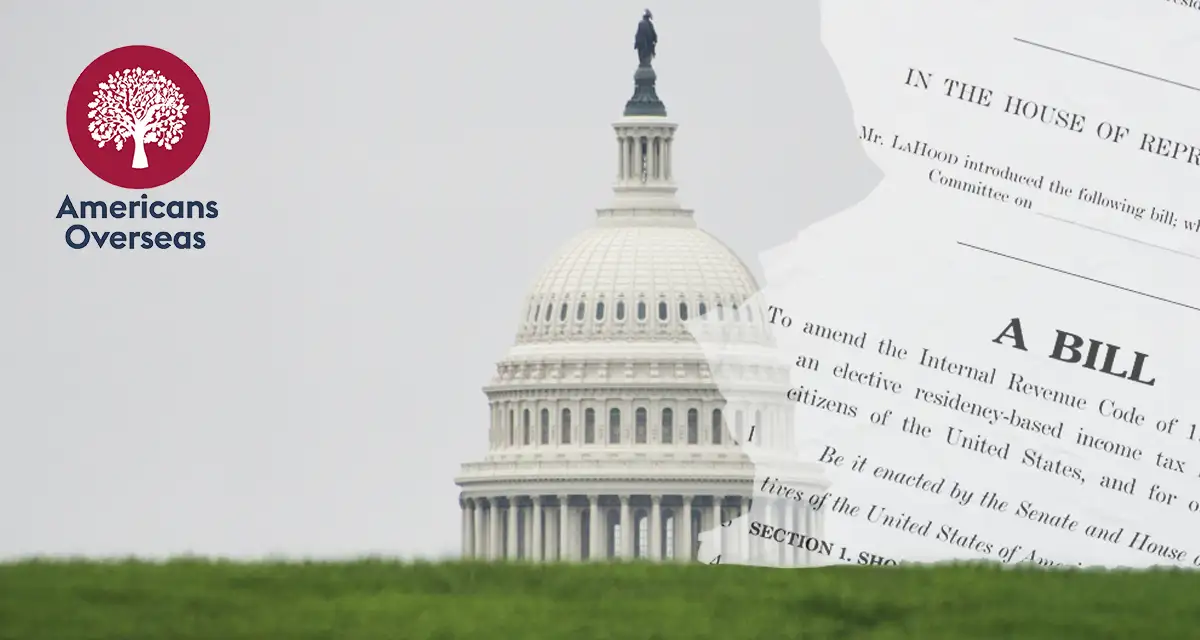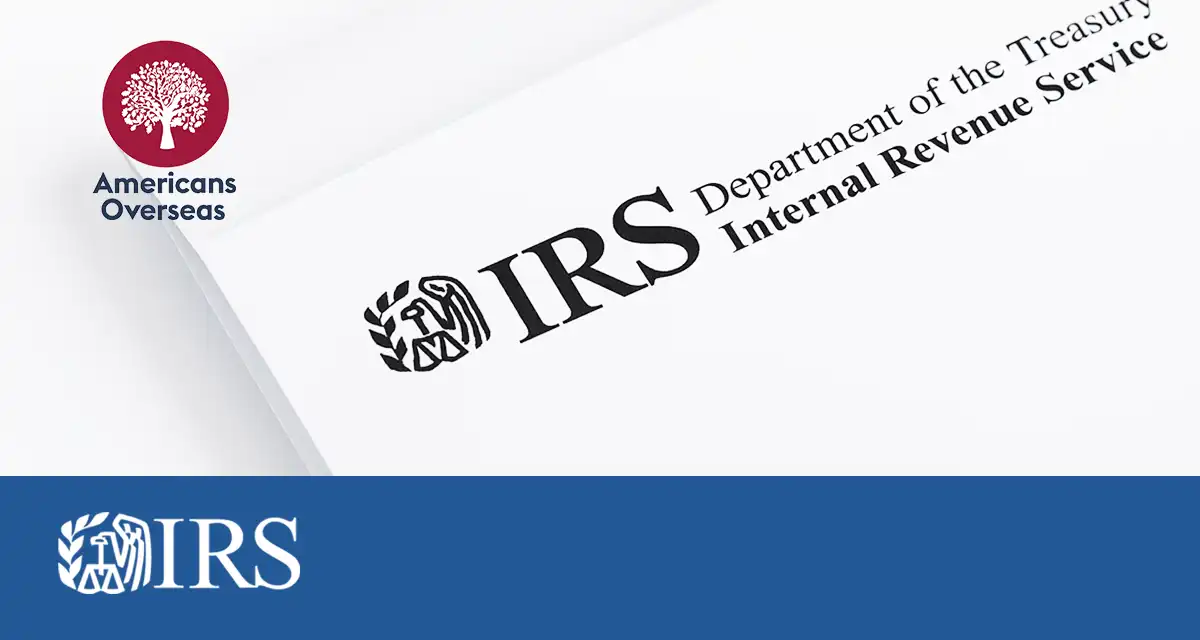
US President Biden’s tax increase is strong motivation to renounce US citizenship

According to The Standard: US President Biden’s tax increases are expected to offer an incentive for United States expats to give up their citizenship.
Renouncing US citizenship
Increasing taxes and citizens-based taxation are strong motivations to renounce, says Daan Durlacher, founder at Americans Overseas, a Netherlands-based company specializing in US tax preparation for US citizens abroad.
“As most of our clients are Americans living and working and therefore paying tax overseas, and in a lot of cases pay double tax – resident taxation and the US citizens taxation – more and more dual nationals are renouncing,” Durlacher says
The higher the tax rate, the more the benefit of expatriating.
Exit tax
The US imposes an “exit tax” on a US expatriate who has a net worth of more than US$2 million, or an average annual net income tax of more than US$172,000 over the past five years or fails to comply with federal tax obligations over the past five years.
Meanwhile, a US recipient of gifts or bequests from expatriates who were subject to the exit tax is required to pay a tax on those assets at a 40 percent rate.
The number of Americans who gave up their citizenship more than tripled to about 6,700 in 2020 from a year before.
US tax increase 2021
The US taxes its citizens on their worldwide income no matter where they reside, including capital gains on foreign investment properties.
Biden is reportedly seeking to nearly double the tax rate on capital gains to 39.6 percent for people earning more than US$1 million.
That rate would be added to the 3.8 percent net investment tax which helps fund the Affordable Care Act, known as Obamacare, bringing the top capital gains rate to 43.4 percent.
“Almost everything you own and use for personal or investment purposes is a capital asset. Examples include a home, personal-use items like household furnishings, and stocks or bonds held as investments. When you sell a capital asset, the difference between the adjusted basis in the asset and the amount you realized from the sale is a capital gain or a capital loss,” according to the website of the IRS.
Need more information on the US tax increase 2021?
We, the founders of Americans Overseas, were born in the Netherlands and obtained our American nationality through our (American) mother.
When we heard about the US tax system for the first time around 2013, we were in total disbelief (it can’t be true!), anger (how can they do this?), fear (am I going to get fined or pick up other problems?), and panic (what should I do?). It is (unfortunately) true that there is an additional American tax levy. But there’s no information from the local government, and when approached, the consulate referred us to the IRS, and the IRS was impenetrable.
That’s why we started this initiative to help people from all over the world by providing proper information about the US tax system to avoid unnecessary panic and offering help free of obligation and free of charge. If needed, we have a network of affordable professionals (accountants) who can help you with your tax obligations.
Contact us for more information
Source: The Standard
Frequently asked questions
Understanding the US tax system, the obligations, and all the additional terms can be difficult. Especially if one lives outside of America. Is your question not answered? Contact us.
-
Who is required to file taxes in the US?
U.S. citizens and resident aliens who live abroad are generally required to file a federal income tax return and pay taxes on their worldwide income.
Read more... about Who is required to file taxes in the US? -
Do US citizens living abroad still have to file taxes in the US?
Yes, US citizens are required to file taxes on their worldwide income, regardless of where they are living.
Read more... about Do US citizens living abroad still have to file taxes in the US? -
How can I cash my US check?
Received an American check? You can cash your check in the following ways: cash the check at your own bank, transfer to another person (endorsement), cash checks using an online service or cash the check by another bank.
Read more... about How can I cash my US check? -
Are there any special tax forms required for US citizens living abroad?
US citizens living abroad may be required to file Form 2555 and/or Form 1116 to claim the foreign-earned income exclusion.
Read more... about Are there any special tax forms required for US citizens living abroad? -
What is FBAR filing?
FBAR (Foreign Bank Account Report) filing is the requirement for certain U.S. individuals and entities to report their foreign financial accounts to the Financial Crimes Enforcement Network (FinCEN) of the U.S. Department of Treasury. The FBAR filing requirement applies to U.S. persons who have a financial interest in, or signature authority over, one or more foreign financial accounts if the aggregate value of those accounts exceeds $10,000 at any time during the calendar year.
Read more... about What is FBAR filing?





